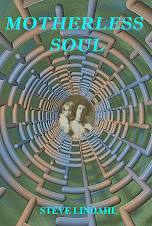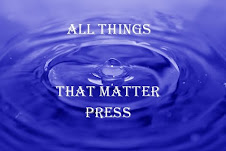 Don't Tease the Elephants by Jen Knox
Don't Tease the Elephants by Jen KnoxMy rating: 5 of 5 stars
Don't Tease the Elephants is a collection of five short stories by Jen Knox the author of Musical Chairs, one of the best memoirs I've ever read. This collection, although short, is packed with emotion and with complex, interesting characters. Knox's people are intelligent and self aware, yet they still learn and change throughout her stories. Meanwhile, there are elements of pain for most of the characters, like irritations to scabbed wounds.
When Pretty People Disappoint is narrated by a young girl who is infatuated with Dory, her baby sitter. Meanwhile Dory has a thing for Ramon, the narrator's brother, who is a player. So this love triangle is a heartbreak triangle from the start, at least on two of the three sides. Dory is a fascinating character who overdresses with religious morality as much as she does with clothing and makeup. It's a story of how people hide behind their chosen images and of how others can see through them.
Nothing is the story of someone who tries to live in two worlds, a family man who secretly patronizes bars and strip clubs. Of course, he can't keep these lives apart, but in his case they come together in a particularly surprising and painful way. In the process he learns something about respect for himself and for the people around him.
Knox makes excellent use of metaphors throughout her work, but in Getting There she adds the twist that her characters are aware of the metaphor. This story is about people who give in to their weaknesses, but manage to maintain hope. The metaphor, which is clear from the first paragraph, is of the Monarch butterflies who can fly thousands of miles to reach their destination. It has other aspects to it, but I can't say what they are without spoiling the story.
Don't Tease the Elephants is available through Amazon in Kindle format.
Steve Lindahl – author of Motherless Soul and White Horse Regressions
View all my reviews









